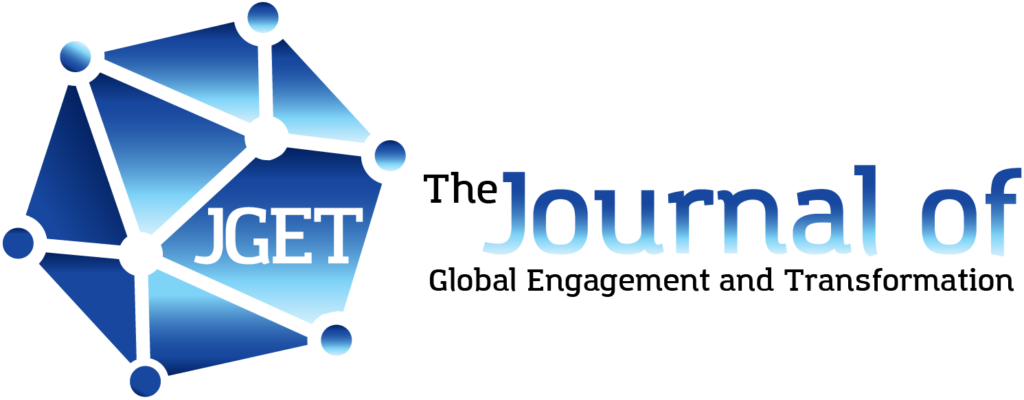About JGET
The Journal of Global Engagement and Transformation (JGET) is a peer-reviewed, open-access, scholarly and practitioner-based journal published by GCSCORED. We welcome diverse submissions that align with our mission of renewing minds, transforming lives, and creating safer and more socially connected communities. Below are the author guidelines for each submission type.

JGET Insights: Quick Takeaways on Current Topics and Trends
JGET Insights offers concise, informative snippets featuring perspectives and opinions on trending topics, current issues, policy developments in counseling, mental health, social work, psychology, religion, education, and public health, intriguing reads, and other areas influencing culturally responsive mental health education, relationship cultivation, social-emotional education, and the social determinants of an individual’s life journey. Please note, the views and opinions shared in this section reflect those of the individual authors.
Submissions for the JGET Insights section of JGET should be no more than 500 words. These pieces are typically solicited by the editor, however, we welcome inquiries from interested parties. Please include “JGET Insights” in the subject line of your correspondence.
Inviting Submissions from Diverse Disciplines and Professionals:
JGET welcomes innovative, peer-reviewed content, including manuscripts, videos, and more, across a broad range of disciplines and topics. We seek contributions from mental health counseling, K-12 education, higher education, social work, public health, global health, public policy, community psychology, multicultural education, social justice, sociology, social sciences, behavioral sciences, music therapy, art therapy, play therapy, child and adolescent development, and beyond.
We encourage practitioners, scholars, academics, counselors, social workers, public health professionals, teachers, researchers, graduate students, administrators, and policymakers to contribute. Our platform is open to diverse perspectives on a wide variety of topics and content areas, including but not limited to educational issues, evidence-based practices, and matters of social, emotional, and educational significance.
Manuscript Guidelines
Your manuscript should be prepared using the following guidelines:
Formatting: Use a double-spaced layout, Times New Roman, 12-point font size. This applies to the entire manuscript, including references. The manuscript should not exceed 15 pages, inclusive of tables, figures, and references. Exceptions require approval from the JGET Editor. Ensure your manuscript is designed for printing on standard 8.5 x 11-inch paper with 1-inch margins.
First Page: The first page should include an abstract of no more than 150 words and three keywords relevant to your work.
Contact Information: Submit a separate page with the authors’ identifying information, including names, addresses, emails, phone numbers, and websites.
Language: The manuscript must be prepared in English.
Style Guide: Consistency with the latest APA publication style manual is essential.
Originality: We accept only original contributions that have not been previously published or currently under consideration by another publisher. Please include a cover letter confirming these conditions with your submission.
Electronic Submission: Submit your manuscript electronically using Microsoft Word (doc/docx). Artwork should be submitted in JPEG, PDF, Word, or Excel formats.
Cover Sheet: Provide a separate cover sheet with author’s name, affiliation, mailing address, phone number, and email address. Identify the corresponding author. Ensure the author’s name does not appear on any other pages. Inform the journal editor of any changes during the review process. The reviews are conducted anonymously.
Tables and Figures: Submit these in a separate file. Use tables sparingly and only for essential data. Figures should be camera-ready. Indicate in the text where these should be placed.
References: Ensure all references are accurate and complete, adhering to the latest APA publication manual. They should be double-spaced.
Permissions: Obtain and provide proof of permissions for any copyrighted material.
Plagiarism Check: Submit a plagiarism checker report (e.g., Turnitin) with your manuscript to the Editor in Chief. If you lack access to such a tool, inform the editor.
Photos/Artwork: Must be camera-ready, in JPEG format, and at least 300 dpi. Always obtain permission for material downloaded or extracted from the Internet. Provide proof of permission with the manuscript.”
1. Full Research Articles (4,000–7,000 words)
- Purpose: Advance scholarly knowledge with rigorous, original research.
- Structure: Abstract (150–250 words), introduction, literature review, methodology, findings, discussion, implications, references.
- Expectations: Strong theoretical grounding; clear contribution to the field of mental health, global engagement, or transformation; integration of systemic and cultural contexts.
- Review: Empirical evidence (quantitative, qualitative, or mixed methods) must demonstrate validity, reliability, and ethical rigor
2. Practice-Based Papers (2,500–4,000 words)
- Purpose: Share applied approaches, program models, interventions, or practice innovations.
- Structure: Abstract (150 words), background, description of practice or program, outcomes/lessons learned, implications for practice, references.
- Expectations: Concrete examples with transferability to other settings; evidence of effectiveness (formal or informal evaluation); culturally responsive practices emphasized.
- Review: Should highlight how the practice addresses shifting ecological or systemic challenges in mental health.
3. Global and Cultural Essays (1,500–3,000 words)
- Purpose: Offer critical perspectives, theoretical insights, or narratives exploring cultural, indigenous, or global approaches to mental health.
- Structure: Abstract (100–150 words), main essay body, conclusion, references (if applicable).
- Expectations: Draws on cultural wisdom, lived experience, or comparative frameworks; expands understanding of mental health in diverse/global contexts.
- Review: May be less formal than empirical articles but must demonstrate scholarly depth, originality, and grounding in relevant sources.
4. Reflections / Commentary (1,000–2,000 words)
- Purpose: Provide personal or professional reflections, critical commentaries, or responses to current issues in mental health and transformation.
- Structure: Introductory framing, reflection/commentary, takeaway message, references (if relevant).
- Expectations: Accessible tone while maintaining intellectual depth; links personal narrative or observation to broader systemic or cultural issues.
- Review: Peer-reviewed for clarity, relevance, and contribution to dialogue rather than methodological rigor.
5. Book / Media Reviews (750–1,200 words)
- Purpose: Critically assess books, films, or other media related to mental health, culture, or transformation.
- Structure: Citation of work under review, summary of content, critical evaluation, contribution to the field, relevance to JGET readers.
- Expectations: Go beyond summary; highlight strengths, limitations, and implications for scholarship or practice.
- Review: Should situate the work within broader discourses on ecology of mental health and transformation.
General Guidelines (for all submission types)
- APA 7th edition formatting is required.
- All submissions must include: title page, author(s) bio (50–100 words), abstract (where required), and references.
- Manuscripts must be original and not under review elsewhere.
- All submissions will undergo double-blind peer review.
Submission Deadlines
Deadline submission – January 31st, 2026
Accepted articles will be published in the Spring/Summer 2026 issue of JGET. Please submit manuscripts to jget@gcscored.org
